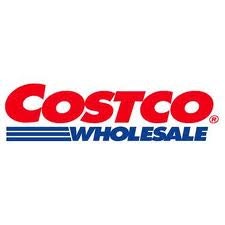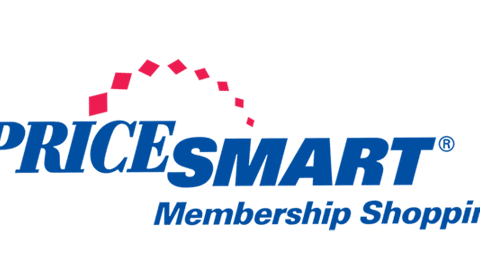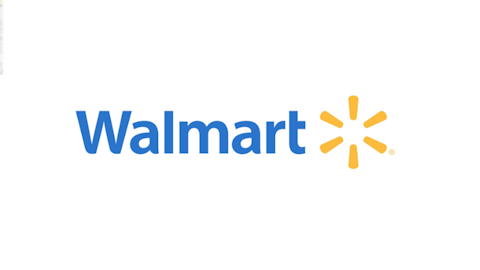Slightly different from ordinary retailers, specialty retailers like
Big Lots, Inc. (NYSE:BIG), Liquidity Services, Inc. (NASDAQ:LQDT) and Costco Wholesale Corporation (NASDAQ:COST) offer specific products to customers, usually at discount prices, and a differentiated business model that provides plenty of upside opportunities for shareholders. Let’s look into these three companies to determine if they are a good place to put our money.
Costco
Retail giant Costco Wholesale Corporation (NASDAQ:COST) is, for many, a top pick in the sector. This firm offers an interesting business model that creates a highly loyal customer base with its membership policy. Memberships cost between $55 and $110 per year and provide customers access to almost-at-cost prices. Although the company gets 98% of its revenue from store sales and only 2% from membership fees, these last account for 77% of its operating income. In addition, 86% of customers renew their affiliation every year, providing Costco Wholesale Corporation (NASDAQ:COST) a steady and constant clientele and plenty of pricing power, as its public has proven to be resilient to membership fee increases.
Due to the importance of memberships for revenue, Costco can offer the two most basic goods, food and fuel, at cost or loss. This should help the firm retain its outstanding market share and even expand it as inflation continues to hit these basic products.
International locations also deserve a mention. Although in its early stages, international expansion already provides returns higher that its cost of capital, unlike the majority of its competitors. Earnings upside in overseas markets, especially in emerging economies, are plenty; Costco Wholesale Corporation (NASDAQ:COST)’s simple and effective business model makes it likely to succeed outside the U.S., particularly in fast-growing countries experiencing high inflation rates as more people tend to look for discount prices.
In order to deliver lower costs to customers while improving its own margins, Costco Wholesale Corporation (NASDAQ:COST)relies on a no frills policy. It cuts all unnecessary expenditure to a minimum, saving on advertising, marketing and store conditioning.
Apart from its business proposal, several other features of this company make it a buy. For starters, its management has a compelling track record while other intangibles like customer service are never left unattended. Equally interested in its customers’ and investors’ happiness, Costco Wholesale Corporation (NASDAQ:COST) has and continues to offer attractive returns to shareholders through dividend payments, yielding about 1.1%, and stock repurchases while still conserving enough free cash to support the costs of its ongoing expansion plans.
Encouraging financial results for last quarter offer extra reasons to invest. Earnings reached $1.04 per share, up 18% year over year, while revenue escalated 8% to $23.55 billion. Analyst consensus estimates project a 13.5% growth per year during the next five years. Trading at a 23.6 P/E ratio, quite above the industry average valuation, but only 0.5 times its sales, while offering compelling long-term growth prospects, I would recommend buying this stock.




